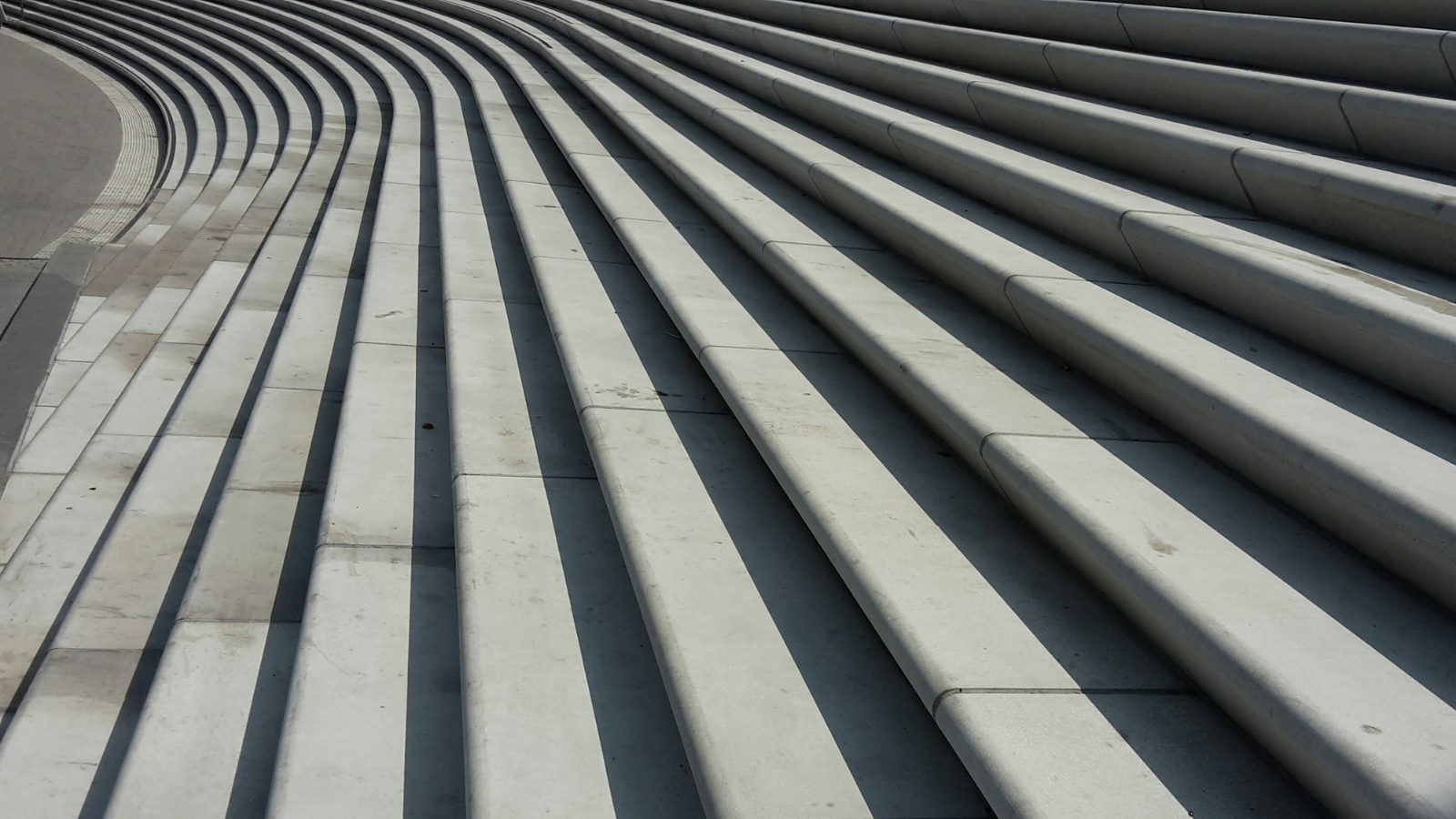Joint position – Net-Zero Industry Act (NZIA) trilogues

As Alliance for Low-Carbon Cement & Concrete (ALCCC), we are committed to accelerating the decarbonisation of cement and concrete, targeting net zero by 2040. We warmly welcome the proposal on the Net-Zero Industry Act (NZIA) by the European Commission. Promoting cleantech technologies, including for cement and concrete, is critical in the race to net zero.
Safe, scalable, and cost-effective low-carbon cement and concrete solutions already exist today and can play a major role to reduce the EU dependency on fossil fuels. We call upon the co-legislators to put two principles central in the final text of the NZIA to make it a success for cement:
- Restrict the use of CO2 injection capacity and CCS only for unavoidable industrial emissions: In line with the position of the European Parliament and the Aalborg declaration1 recently signed by 5 Member States, we support the deployment of CCS only for unavoidable industrial emissions. Applied to the cement and concrete industry, this means that we should cut CO2 emissions as much as possible in the first place through technologies such as clinker reduction technologies and fuel switching.
- Qualify only those industrial technologies as strategic net-zero technologies that can help meet the European Green Deal objectives by 2030. Applied to the production of cement, clinker-reduction processes and technologies should be an integral part of the final scope. This is motivated by the fact that the mitigation potential of low and zero-carbon cement is huge, with conservative estimates putting forward a reduction potential of at least 50% by 2050 for Europe3. Many scalable, safe and cost-effective solutions already exist today to reduce the need for high-clinker Portland cement significantly, but there is a need for additional support for the development and further improvement of these technologies.
It is vital that the NZIA delivers on both principles. Otherwise, we risk locking in European cement industry on a much more expensive and energy-intensive decarbonisation route. According to a recent report of the University of Oxford4, a high CCS pathway to net-zero emissions is expected to cost at least $30 trillion more than a low CCS pathway. Governments putting CCS at the centre of their national decarbonisation plans for cement risk putting themselves at a competitive disadvantage.
Europe is home to a strong cement industry and world-leading research institutes. With the right incentives and support in place, we can become the world’s powerhouse for clean cement.


